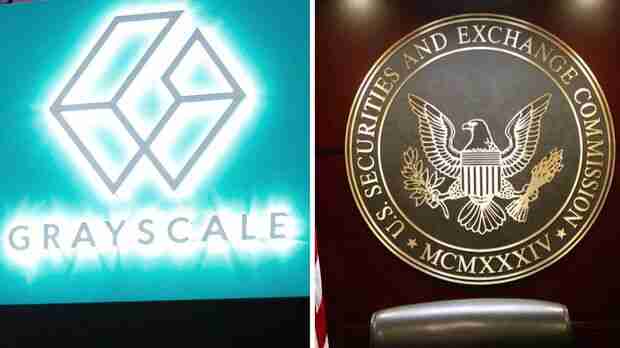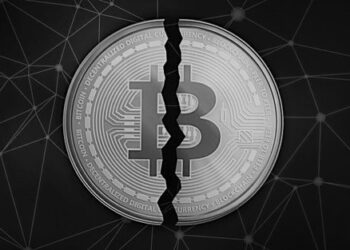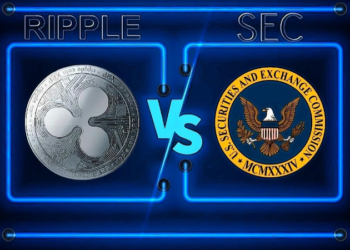Regulatory Challenges Intensify
The US Securities and Exchange Commission (SEC) has faced another setback in court, this time following setbacks in lawsuits involving XRP and Grayscale. These high-profile cases have highlighted the challenges the SEC faces in regulating the rapidly evolving cryptocurrency market.
In the case of XRP, the SEC has been locked in a legal battle with Ripple Labs, the company behind the cryptocurrency. The SEC alleged that XRP was an unregistered security and filed a lawsuit against Ripple Labs and its executives. However, the court recently ruled in favor of Ripple Labs, dealing a significant blow to the SEC’s case. The judge’s decision to deny the SEC access to Ripple’s legal communications was a major setback for the regulatory agency. The ruling has raised questions about the SEC’s approach to regulating cryptocurrencies and has sparked discussions about the need for clearer guidelines in this space.
In a separate but related development, the SEC has also faced challenges in its lawsuit against Grayscale, a prominent digital currency asset manager. The SEC alleged that Grayscale’s Bitcoin Trust and Ethereum Trust were operating as unregistered securities. However, Grayscale has been vigorously defending its position, arguing that its investment products are not securities and should not be subject to SEC regulation. The SEC’s difficulties in the Grayscale case further underscore the complexities of regulating digital assets and the need for greater clarity in the regulatory framework.
These legal setbacks for the SEC come at a time of heightened scrutiny of the cryptocurrency market. As digital assets continue to gain mainstream acceptance, regulators are grappling with how to effectively oversee this burgeoning industry. The SEC, in particular, has been under pressure to provide clearer guidance on which cryptocurrencies qualify as securities and therefore fall under its jurisdiction.
The XRP and Grayscale cases have reignited the debate around the SEC’s regulatory approach to cryptocurrencies. Critics argue that the SEC’s enforcement actions have created uncertainty and hindered innovation in the digital asset space. They contend that the lack of clear regulatory guidelines has stifled investment and impeded the development of new blockchain-based technologies.
On the other hand, proponents of stricter regulation emphasize the need to protect investors from potential risks associated with unregistered securities and fraudulent cryptocurrency schemes. They argue that robust regulatory oversight is essential for maintaining market integrity and safeguarding consumers.
The outcomes of the XRP and Grayscale lawsuits have significant implications for the future of cryptocurrency regulation in the United States. The rulings have underscored the challenges of applying traditional securities laws to digital assets and have highlighted the need for a more nuanced and adaptable regulatory framework.
Looking ahead, the SEC faces the formidable task of striking a balance between fostering innovation and protecting investors in the rapidly evolving cryptocurrency landscape. The outcomes of the XRP and Grayscale cases are likely to influence the SEC’s approach to regulating digital assets and may prompt the agency to reevaluate its enforcement strategies and regulatory priorities.
In conclusion, the recent legal setbacks suffered by the SEC in the XRP and Grayscale lawsuits have underscored the complexities of regulating cryptocurrencies and have sparked discussions about the need for clearer regulatory guidance in this space. As the cryptocurrency market continues to mature, the SEC will face ongoing challenges in effectively overseeing this dynamic and innovative industry.








